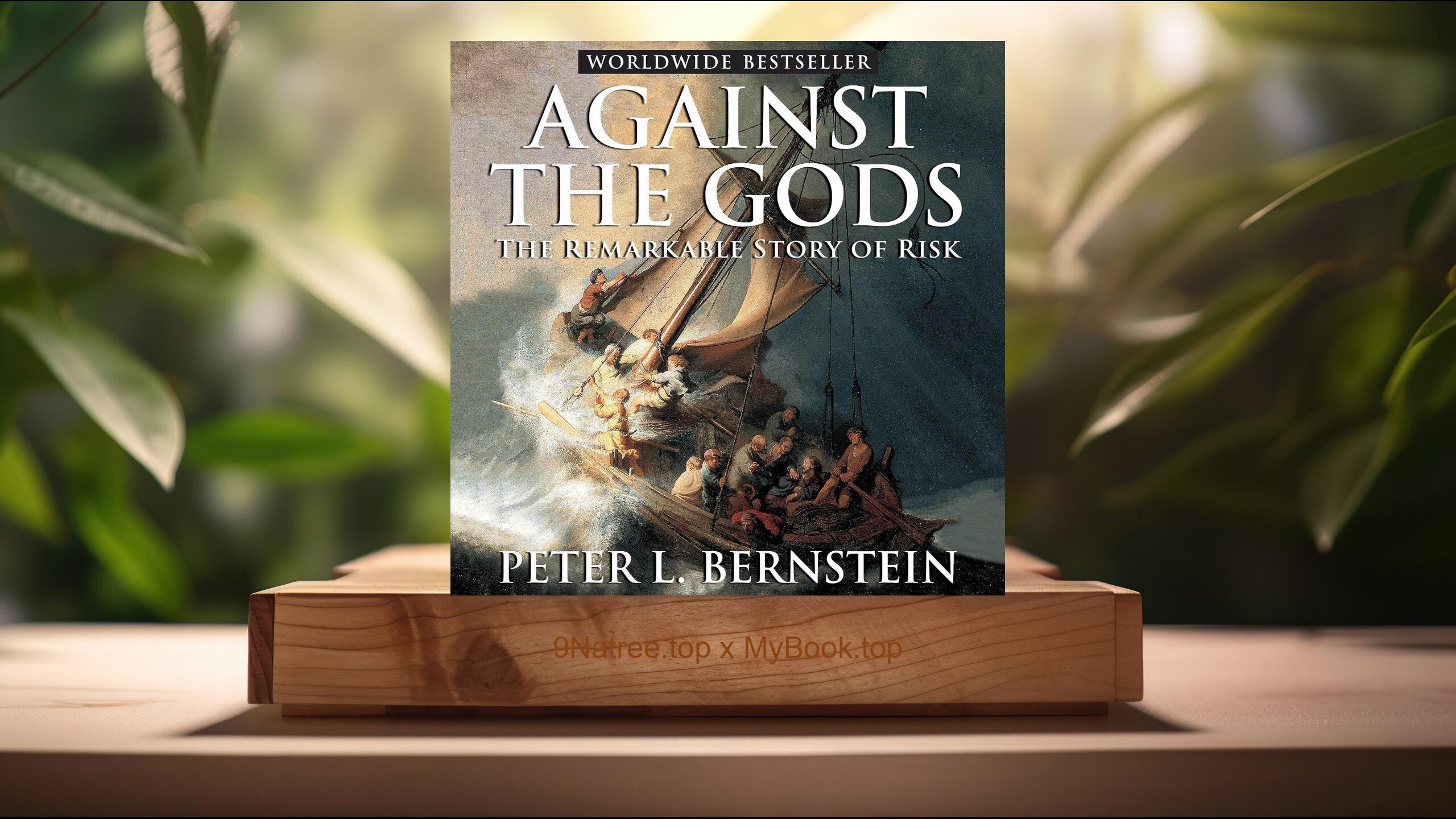Show Notes
- Amazon USA Store: https://www.amazon.com/dp/B0B9NYCRXL?tag=9natree-20
- Amazon Worldwide Store: https://global.buys.trade/The-Wager-David-Grann.html
- Apple Books: https://books.apple.com/us/audiobook/the-wager-a-tale-of-shipwreck-mutiny-and-murder-unabridged/id1639468142?itsct=books_box_link&itscg=30200&ls=1&at=1001l3bAw&ct=9natree
- eBay: https://www.ebay.com/sch/i.html?_nkw=The+Wager+David+Grann+&mkcid=1&mkrid=711-53200-19255-0&siteid=0&campid=5339060787&customid=9natree&toolid=10001&mkevt=1
- Read more: https://mybook.top/read/B0B9NYCRXL/
#survival #mutiny #maritimehistory #leadership #ethicaldilemmas #TheWager
These are takeaways from this book.
Firstly, The Disaster at Sea, The heart of 'The Wager' is its detailed account of the catastrophic events following the shipwreck of the British vessel. Set in the perilous waters near Patagonia, the narrative begins with the Wager being torn apart by a violent storm, leaving its crew stranded in a hostile environment. This disaster at sea forms the pivotal event of the story, around which the themes of survival, leadership struggles, and human conflict swirl. David Grann uses intense, vivid descriptions to bring to life the crew's desperate fight for survival against not just the natural elements but also their own fears and weaknesses. The challenge of managing limited resources, the panic of isolation, and the looming threat of death serve as profound tests to the sailors' characters and decision-making abilities.
Secondly, Mutiny and Power Struggles, One of the most compelling aspects of 'The Wager' revolves around the mutiny and the consequent power struggle amongst the crew. The hierarchical structure aboard the ship collapses, giving way to a fierce battle for authority between the captain and his subordinates. Grann provides an in-depth analysis of the leadership styles and decisions of Captain Cheap and his boatmaster, John Bulkeley, which eventually lead to a fundamental rift. The mutiny is described not just as a physical struggle for control but as a profound moral and ethical battle, probing deeply into what happens when established orders are disrupted in survival situations. This topic explores themes of authority, rebellion, and the human instinct for power, illuminating the complex dynamics of leadership under duress.
Thirdly, Survival Against the Odds, Survival forms a core theme in 'The Wager', which meticulously details both the physical and psychological aspects of human endurance. Grann captures the multiplicity of survival tactics employed by the crew, from foraging for food on desolate islands to the mental strategies used to maintain sanity under extreme conditions. Through personal accounts and diary entries, readers gain a vivid sense of the daily challenges faced by the crew as they cope with starvation, exposure, and despair. The narrative also touches on the camaraderie and conflicts that arise from being pushed to the edge of human endurance, offering deep insights into the resilience and adaptability of the human spirit.
Fourthly, The Moral and Ethical Dilemmas, Throughout 'The Wager', the survivors face numerous ethical decisions that influence their survival and interpersonal relationships. Grann does not shy away from the grim realities of these choices, which range from issues of cannibalism to the sacrifices for the greater good. These moral questions highlight the theme of integrity versus survival, examining the lengths to which people will go to save themselves and others. The book provides a nuanced discussion on the moral compromises in life-threatening situations, making readers question what they would do in similar circumstances. This topic reflects on the profound impact such extreme conditions can have on human ethics and values.
Lastly, Historical and Maritime Context, David Grann intersperses the thrilling narrative of 'The Wager' with rich historical and nautical details that enrich the reader's understanding of the 18th-century maritime world. Explaining the significance of the ship’s mission in the context of British imperial ambitions and the global maritime economy of the time, Grann provides a backdrop that enhances the scale and significance of the voyage. This inclusion of detailed historical context does not just frame the physical journey but also highlights the broader implications of the naval enterprise, such as exploration, colonialism, and the impact of empire-building on individual lives and international relations.
![[Review] The Wager (David Grann) Summarized](https://episodes.castos.com/660078c6833215-59505987/images/2077471/c1a-085k3-25n1dvo8s66-650rai.jpg)




